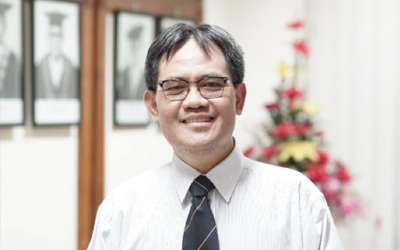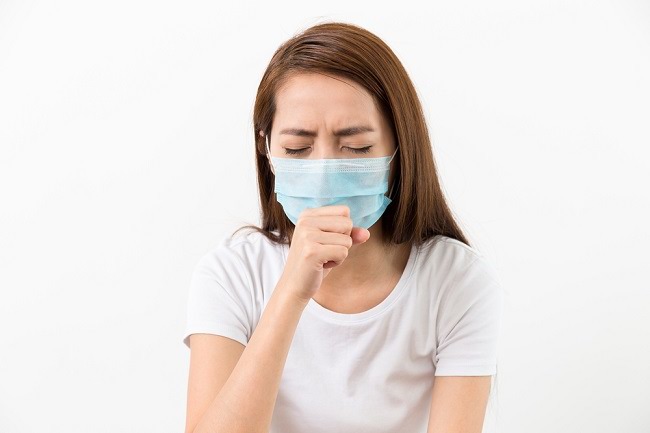UNAIR NEWS – The second wave of the Covid-19 pandemic has hit Indonesia. The peak of increasing confirmed cases of this second wave will be higher than what happened at the end of January 2021. Therefore, it is important to know information about the right early treatments when infected with Covid-19.
Prof. Djoko Santoso dr., Ph.D., Sp.PD.K-GH.FINASIM Professor of Faculty of Medicine, Universitas Airlangga (FK UNAIR) said that doing self-isolation properly accompanied by doctor supervision is something that should be done as early treatments. If it is handled incorrectly, self-isolation will lead to family clusters.
“Self-isolation at home must be carried out properly to break the chain of transmission. Then it must also be carried out under the supervision of a doctor who plays a role in determining recovery,” said the professor known well as Prof Djoko.

Paying attention to the length of isolation
The professor serving as Chair of the UNAIR Academic Senate explained that the criteria to be free of isolation for Covid-19 patients are divided into two groups, people without symptoms and people with symptoms. The grouping determines the isolation period.
“People without symptoms can be free of isolation if they have self-isolated for ten days, but if people with symptoms need ten days plus three days symptom-free,” said the doctor born in Jombang.
No more close contact
Prof. Djoko said the environment used for self-isolation should not cause new close contacts; it is intended to create a supportive environment in the patient’s recovery. Then, people who provide direct care to patients must use PPE according to standards to prevent new close contact.
“Close contacts are people with a history of contact with probable or confirmed cases of Covid-19. So limit only one person who interacts with patients and choose healthy people without comorbidities,” he said.
Maximizing Activity in the Isolation Room
One thing that is no less important, according to Prof. Djoko, is limiting activities outside the isolation room and reducing sharing the same room with family members. In order not to get bored easily, patients can do activities according to their hobbies, such as reading books, writing, meditation, and others. Hopefully, continued Prof. Djoko, it can reduce stress and accelerate healing.
“Many activities can be carried out in isolation rooms, as long as these activities do not require a lot of energy and cause the healing process to take longer,” he said.
Check oxygen saturation periodically
Oximetry is a tool used to check oxygen saturation in the body. To use the tool, pinch the thumb for one minute with the tool. The normal value of the examination is around 96-100%; if the oxygen saturation value is below this number, it indicates potential hypoxia or lack of oxygen.
“It would be nice if the patient had his own oximetry device so that he could check his oxygen level any time. Therefore, patients can identify their condition regularly,” he said
Implementing a healthy lifestyle
Prof. Djoko further explained that Covid-19 patients are recommended to consume nutritious food and supplements of vitamin C, vitamin D, vitamin E, and zinc. Then patients are also required to get enough sleep with 6-8 hours per day, avoid stress, take medication as recommended by the doctor, and always report the condition’s progress to the doctor.
“Good foods for people with Covid-19 are protein sources such as eggs, meat, fish, and nuts. Furthermore, you can consume foods that are sources of vitamins and minerals such as fruit, vegetables, and pure honey,” he concluded.
Author: Adelya Salsabila Putri
Editor: Khefti Al Mawalia





